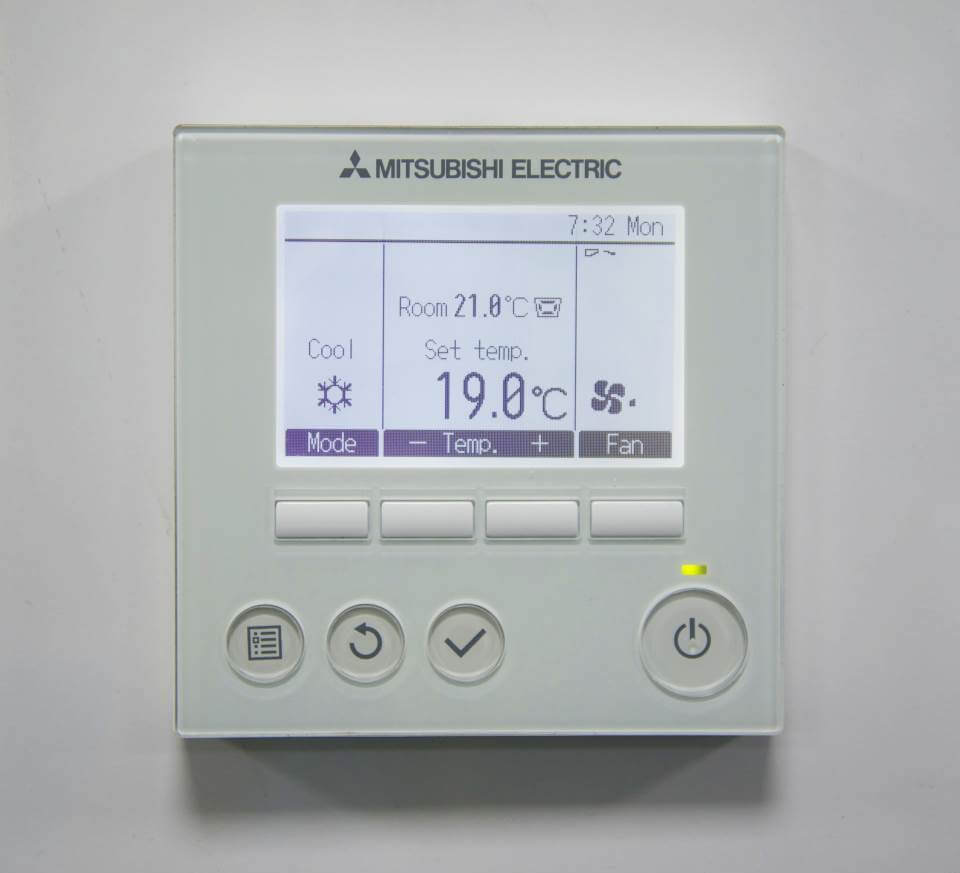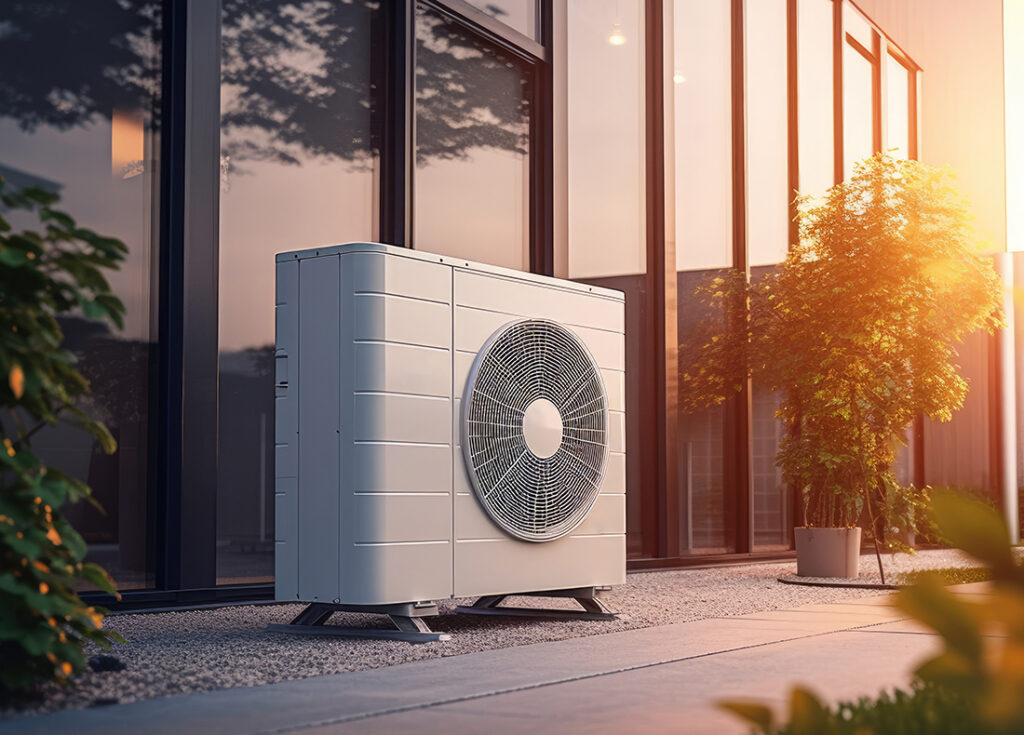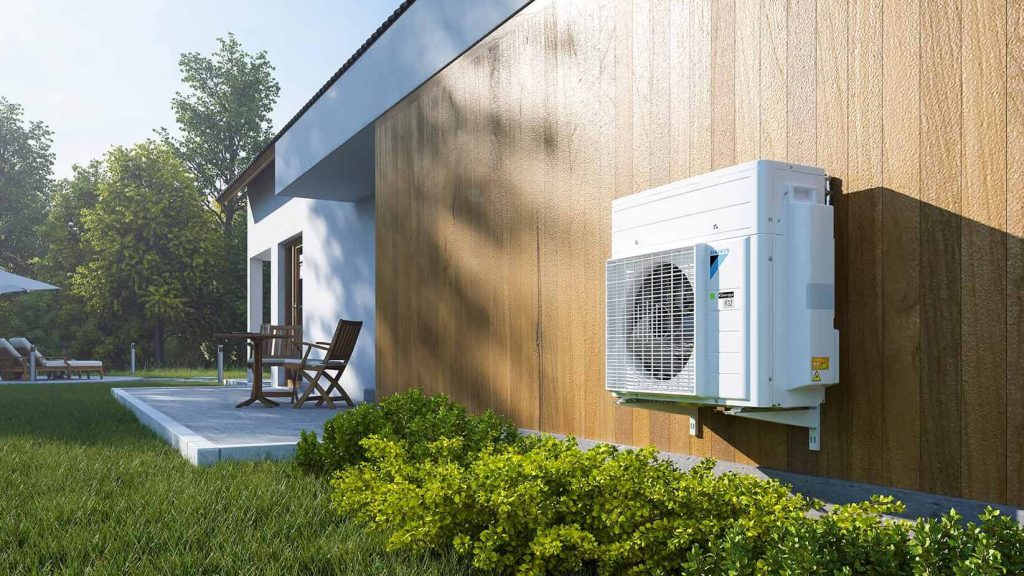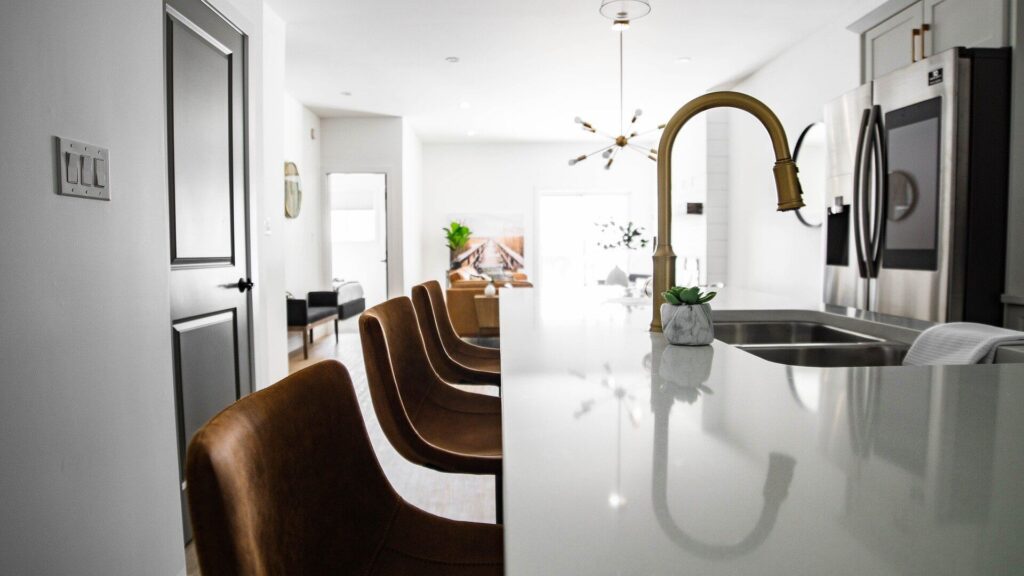Planned Preventative Maintenance for HVACs Is A Wise Investment – The Case for Air Conditioning Maintenance

Estimated reading time 11 minutes
Think of planned preventative maintenance for your HVAC system in the same way as you would any other maintenance that you have to carry out on a regular basis. As an example, you take your car in for a yearly “check up” even when you think it’s running smoothly and without issues. Of course like any other system your car needs attention and maintenance to ensure it continues to run smoothly e.g. if you don’t change or top up your engine oil or replace air filters etc your car engine is likely to seize up causing immense damage to your engine and you will no longer be able to use your car. Your MOT is likely to cost in the region of a couple of hundred pounds, the cost of changing your oil and oil filter tens of pounds whereas replacing your car engine will be in the thousands.
Exactly the same holds true for your air conditioning system.
Planned preventative maintenance of your HVAC will ensure that your system continues to run smoothly throughout the year enabling you to keep your office, shop, restaurant and gym spaces comfortable for your staff and customers by keeping them cool in the summer and warm in the winter. Ongoing maintenance is a very wise investment when it comes to air conditioning and is never as expensive as businesses think when compared to the costs involved when an HVAC system degrades and breaks down. Preventative maintenance costs a great deal less over the lifetime of the system than having to change out parts on an ongoing basis. The word “preventative” fully explains this – by maintaining your equipment on a “preventative” basis you are dealing with issues before they arise and before they can cause damage to your system as a whole.
Not only do you have to take into account the cost of repairs, sometimes catastrophic repairs, as one part of the system results in the breakdown of other elements but you also have to take into account the downtime you will suffer and the resultant inability to maintain the temperature of your business space.
What Can happen Without Planned Preventative HVAC Maintenance?
As mentioned above without planned preventative maintenance of your air conditioning system, over time your system is likely to start to experience issues. Like any complex system there are a great many different problems that can occur which can cause your system to malfunction or to break down completely. Below we list a few of the many problems you could experience:
1. Normal Wear and Tear
No equipment lasts forever. Given the work your system has to do during both hot and cold weather to keep you business premises at a comfortable temperature it’s easy to understand that over time normal wear and tear will take place. This is especially true in the UK where the weather can turn in the blink of an eye.
The longer you leave your air conditioning system without maintenance the more likely it will be to suffer from wear and tear which will result in the shortening of the systems life span. If you don’t maintain your HVAC and you don’t “prevent” issues then the more likely you are to find yourself in the position of having to replace parts within your air conditioning or the system as a whole.
2. Higher Energy Bills
Carrying out air conditioning maintenance tasks helps to ensure that your HVAC will continue to work as efficiently and effectively as possible. When these tasks are not carried out air filters can become clogged which in turn will mean your system has to work harder to maintain the same temperature. This will result in higher your energy bills as your system has to expend more energy to keep your business premises at the desired temperature.
It’s also worth considering that forcing your system to work harder will also cause an extra strain on your system and this burden may result in parts failing or the system eventually breaking down. Carrying out regular maintenance will save you money in the long run.
3. Poor Air Quality
The UK government explains that air pollution isn’t just about what’s outdoors. “There are a number of sources of indoor air pollutants that can harm health including: CO, NO2 and particulates from domestic appliances (boilers, heaters, fires, stoves and ovens), which burn carbon containing fuels (coal, coke, gas, kerosene and wood); VOCs from cleaning and personal care products, building materials and household consumer products (paints, carpets, laminate furniture, cleaning products, air fresheners, polishing); environmental tobacco smoke (ETS) and second hand smoke (SHS) and radon which is a naturally occurring radioactive gas that comes from the ground as the earth decays. There is an increased risk of lung cancer if exposed to high levels of radon for a long time, as it is the second highest cause of lung cancer after smoking. It’s generally not a problem in outside air but can accumulate in buildings.”
Other indoor pollutants include pesticides, dust particles, viruses, bacteria, pollen, and smoke particles which also decrease air quality. As the British Lung Foundation explains “Everyone is at risk from indoor air pollution. If you’ve got COPD, asthma, bronchiectasis or any other lung condition, you’re much more likely to be affected by poor air quality.”
Your HVAC system plays a vital role in the air quality in your building. Without planned preventative maintenance your system’s air filters will start to become clogged and will eventually stop filtering the air and will no longer remove particulates, dust, mould spores and germs. As long as your air conditioning system is well maintained your air conditioning should provide this invaluable service, helping to decrease the allergens and irritants in the air and reducing the risk of indoor air pollution health related illnesses.
4. Temperature Maintenance
One of the main functions of your air conditioning system is to maintain a set temperature within a business workspace.
An air conditioning system works to keep a room or building at a constant, comfortable temperature. When your HVAC is not maintained various parts of the system can malfunction or may stop working effectively. This can lead to inconsistent cooling or heating. One of the most common reasons for HVAC breakdowns is the accumulation of dirt and dust within the system which results in restricted or reduced air flow through clogged air filters. It’s interesting to note that just 1mm of dust on the heating and cooling coils can cause a decrease of over 20% in your system’s performance.
5. Failure of Parts
There are many parts within your air conditioning system which play a vital role in keeping your HVAC running smoothly. If any one of these parts starts to fail your system will start to breakdown or will not run efficiently. Even if your system keeps running just one of these components failing can cause your air conditioning to malfunction.
Components like the compressor (the component in the system that raises the temperature and pressure of the refrigerant that leaves the evaporator coil) and condenser coils (the portion of an air conditioner or heat pump which is outside that either releases or collects heat) may end up failing sooner than they would. When planned preventative maintenance is in place and when the system is being inspected to detect and address when parts look like they may be likely to malfunction (but before they do) failing parts can either be repaired or replaced thereby ensuring the system continues to work as it should, avoiding downtime and further damage to the system.
6. Thermostat / Sensor Issues
The thermostat / sensor of you air conditioning system allows you to set and measure the temperature in the room. The sensor component then regulates the temperature of the air coming from the air conditioning system.
If there are any issues with the sensor then it will be unable to accurately measure the temperature or maintain the set temperature. In fact when a sensor is damaged or faulty you will notice that instead of turning on and off the air conditioning will continue to blow hot or cold air into the room making the room either too hot or too cold, instead of tuning on and off to maintain the temperature set. Alternatively another sign that your sensor is not working as it should is the system will continuously cycle on and off or behave erratically instead of turning off.
Through the diagnostic tests carried out on a planned preventative maintenance visit a faulty sensor is likely to be picked up and corrected, ensuring your system continues to maintain just the right temperature.
7. Drainage Problems
Air conditioning systems remove humidity from the air. It’s important that your air conditioning system drains the water it produces.
When warm air moves across the evaporator coils the water vapour in the air is condensed and turns into water droplets. The coil then removes and drains it via a condensate array/drain pan. Each and every time warm air is passed over the evaporator coils water is removed from the air – dehumidifying it. If the drain becomes clogged with dust, dirt or mould water will collect inside the system. This can result in a number of problems including water leaks from the ductwork seams or other areas of the air conditioning. Regular maintenance ensures all parts of your air conditioning system is cleaned of any debris or dust etc.
8. Refrigerant Leaks
Refrigerants (F-Gases) are the life blood of your air conditioning system. Without refrigerant air conditioning and refrigeration would not be possible. Air conditioning works by pumping chemical compounds or ‘refrigerants’ through the system (the compressor) and forcing the refrigerant to evaporate and condense again and again (the condenser) in a closed system of coils (the evaporator). These refrigerants then transfer the heat from the air inside to the outside air, ensuring that the room or building is maintained at a set temperature. The refrigerant then flows back to the compressor where the cycle starts over again.
If an air conditioning system starts to leak refrigerant it will become unable to maintain the room temperature. This is clearly an issue but a greater concern is that refrigerant leaks can be very dangerous and any leaks must be inspected and repaired by a qualified HVAC qualified engineer / maintenance company.
It’s also important to note that remaining F-Gas compliant is a legal obligation for businesses that operate air conditioning systems with a CO2 equivalent charge of 5 tonnes or more. Operators that do not comply with F-Gas regulations can face significant penalty charges.
9. Unpleasant Odours
Failing to maintain your air conditioning system can result in unpleasant odours. This can be due to a number of things.
If you smell a mouldy odour this maybe a sign of that there is a build up of mildew or fungus in your air conditioning system. This can be caused when condensation occurs. Any dirt or dust that is present can provide the perfect breeding ground for mildew, fungus, mould and other bacteria.
If your evaporator coil isn’t kept clean or your condensate drain becomes clogged water can build up (see drainage problems above) which can result in a “dirty sock” smell. This is also caused by a build up of bacteria or mould.
Chemical smells can be a sign of leaking refrigerant (see refrigerant leaks).
Burning smells might signal that there may be a mechanical problem within your system e.g. something may be over heating, there may be a wiring issue or a problem with a part of the electrical system. In cases like this turn off your system straight away and seek professional advice.
Planned Preventative Maintenance
Having a planned preventative maintenance contract will save you money in the long term. Knowing that you’re covered for any problems your air conditioning system may have will also provide you with peace of mind. Ensuring your HVAC is properly maintained will prolong the lifespan of your system and will be ensure your system as a whole and its individual parts will continue to work efficiently and effectively day in and day out.
Synecore
Synecore is a professional air conditioning maintenance company offering air conditioning and commercial refrigeration systems Planned Preventative Maintenance (PPM). Each PPM package is designed to meet the needs of individual businesses and to ensure full F-Gas compliance.
To find out how Synecore can help your business, get in touch with our head office in Sittingbourne, Kent to discuss your requirements and arrange your free no obligation quotation at your convenience. We operate throughout Kent, London and the UK. You can call us on 01795 509509, get in touch via our contact form or chat with us via our chat form.



